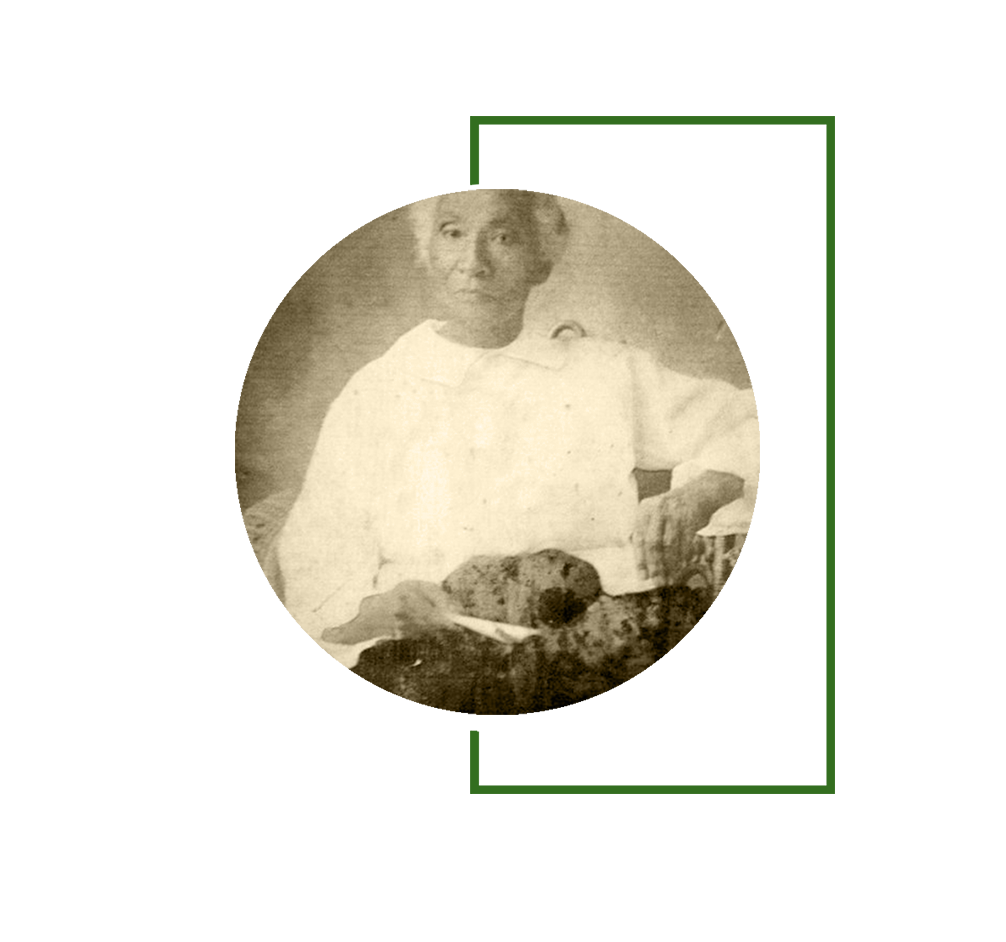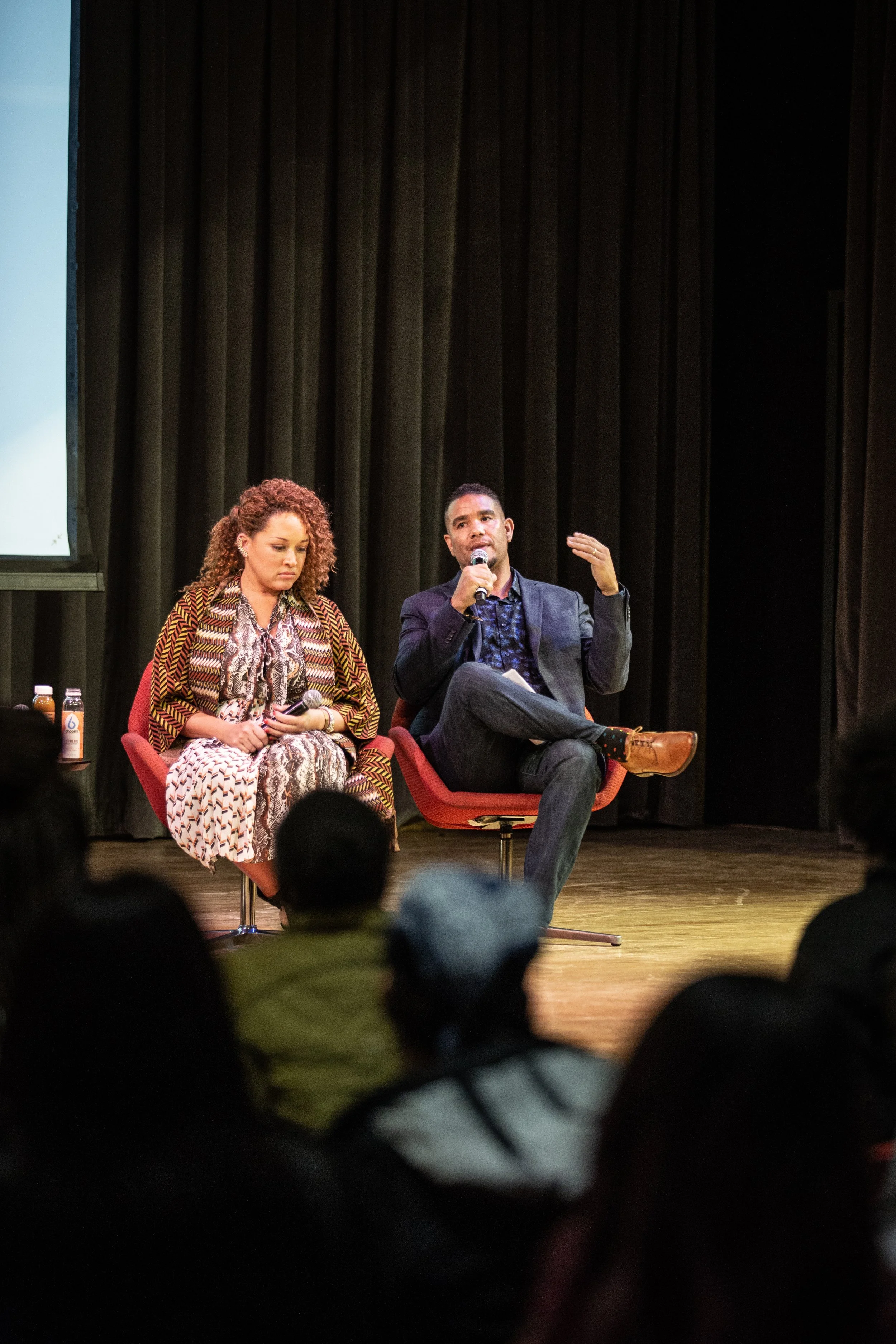
cultivating
community
Provost Farm, located in New Iberia, LA, is a small for profit family farm that aims to preserve the ancestral legacies of Black and Indigenous growers in South Louisiana through its sugarcane family farming operation. Our primary focus is on sugarcane cultivation, integrating professional and traditional specializations to ensure sustainable crop production, conservation, and the development of value-added food supply chains. We firmly believe that achieving our goals requires equal policies under the law, adequate investment in underserved communities, and public support.
Your generous donation to Provost Farm can help us turn our vision into reality.
Donate today!
our Mission
At Provost Farm, our mission is rooted in honoring the enduring legacy of Black and Indigenous sugarcane growers of South Louisiana. We are dedicated to advancing sustainability, equity, and community building, with a firm commitment to dismantling systemic oppression and injustice. Our objective is to cultivate a secure, dynamic, and inclusive space that draws inspiration from the wisdom of our ancestors, seeking to mend the wounds inflicted by centuries of plantation practices, Jim Crow laws, and rural gentrification. Ultimately, Provost Farm aspires to nurture a flourishing community that prioritizes food security, meaningful relationships, and social justice.
The vision of Provost Farm is to champion diversity and inclusion within the realm of agriculture. Our focus is on enhancing the production of high-quality, naturally grown, and sustainable crops, all while promoting environmental conservation and fostering community engagement. We envision the creation of a farm-to-table experience that seamlessly connects consumers with the land and their food sources. Our unwavering commitment lies in championing fair and just practices that serve as an inspiration for the upcoming generation of agricultural leaders.
Provost Farm transcends being merely a homestead and farm; it stands as a living tribute to the rich history and culture of our region.

the provosts
"farming serves as the lifeblood of community health and wealth." — Wenceslaus Provost Jr., "June."
June and Angie Provost are esteemed multigenerational sugarcane farmers situated in the enchanting, marshy landscapes of South Louisiana. This accomplished Black farming couple, recognized for their successes and resilience, has emerged as fervent advocates for farmers. Their journey, marked by triumphs and challenges, has propelled them into activism, particularly in championing the rights of socially disadvantaged groups frequently victimized by unjust practices, resulting in a cycle of debt peonage and the disintegration of communities. The Provosts are dedicated to fostering a fair and equitable agricultural landscape for all, striving to create a future where exploitation gives way to empowerment.
Take a listen to Episodes 5, Part 1 and 2, of the New York Times 1619 podcast series to gain insights into the challenges experienced by the Provosts. Delve into their story to better comprehend the trials they work to overcome, providing a unique perspective on their journey in the world of agriculture as citizens and Black farmers in the United States.
AS SEEN IN

“
Family
We are a multi-generational family of farmers and activists living in the South, guided by the support and wisdom of our elders. Our families have often resided adjacent to those who enslaved our forefathers and mothers, and we are rooted in the fact that trauma and triumph connect us all. Together, we are committed to making amends for the wrongs done to our people and forging a better future. We are united by our faith, hope, and love of land.
”
“
Legacy
Our ancestors hail from the West African coast, from Ghana to Cameroon, as well as the lush Gulf region belonging to the Choctaw and Chitimacha tribes of Louisiana. We are grateful for the knowledge they passed down to us, and we carry on their ancestral traditions of cultivating the earth and working towards reparations for generations to come.”
“
Culture
Louisiana’s cultural identity is a blend of diverse influences, including West African and Indigenous traditions. Beyond laws and language, our customs, food, arts, and social institutions reflect this heritage. The use of filé powder and okra in cooking, the rhythms of jazz and blues, and social institutions like the Mardi Gras Indians and Second Line all have roots in African and Indigenous cultures. Our connection to nature reflects the Indigenous peoples’ respect for the land and waterways. Through farming sugarcane, Provost Farm LLC celebrates its heritage and recognizes the contributions of all cultures that are vital to preserving our unique customs.
”

book Us
Contact Provost Farm via email for booking and any additional information.

donate
We need your help!
By contributing generously to our farm, your donation directly contributes to the realization of our mission, vision, and goals. Public support is crucial in ensuring that our farm remains independent and doesn't resort to predatory practices that often push socially disadvantaged farmers into the unfortunate cycle of debt peonage. Your assistance enables us to cultivate a more resilient and inclusive community for everyone. Join us in building a better future for all through sustainable and ethical farming practices.
Your support matters!

newsworthy
‘Big Sugar’ Podcast Exposes How Subsidies in the Farm Bill Harm Us All
Host Celeste Headlee wants the public to understand how decades-old subsidies for sugar companies benefit billionaires at the expense of the environment, farmworkers, and the nutrition of the nation.
How USDA distorted data to conceal decades of discrimination against Black farmers
An investigation by The Counter found that USDA promoted misleading data to depict a fictional renaissance in Black farming. That narrative falsely inflated the department’s record on civil rights—and ultimately cost Black farmers land, money, and agency.
Losing ground
In 1996, Eddie Wise, the son of a sharecropper, purchased a farm with a loan from the U.S. Department of Agriculture. Twenty years later, the USDA foreclosed on the property and evicted him. Reveal investigates his claim that he was discriminated against because of his race.

USDA Class Action
“All I ever wanted was a fair shake from the USDA so I could support my family and pursue my love for farming. But it’s clear they don’t see me and other Black farmers as regular folks; we’re just ‘those people’ to them. Until every farmer gets the support they’re due, none of us will truly thrive.”—June Provost
Thank YOU!
Thank you for your interest in our farming operation! Don't forget to reach out to us for booking and any other farm-related information. And as always, happy planting!





















